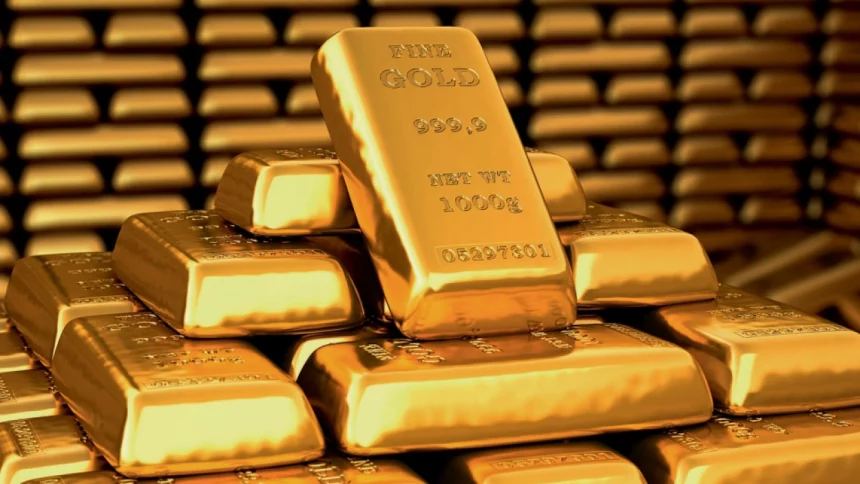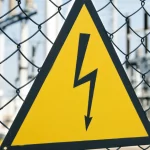Gold exchange-traded funds (ETFs) at Kenya’s stock market on Thursday rose to the highest level since listing in 2017, offering investors access to the global yellow metal market in local currency.
Investors at the Nairobi Securities Exchange (NSE) can buy the listed 400,000 gold bullion debentures, each equivalent to 0.01 of an ounce of gold.
The price of the NewGold ETF rose to Sh2,606 at the close of trading on Thursday, up Sh2,572 on Wednesday, and Sh2,165 at the start of the year after the premium metal rose highest since early February.
The rise in global gold prices follows troubles at Swiss lender Credit Suisse amid renewed fears of a banking crisis worldwide that steered traders towards the safe-haven metal.
On the NSE, the ETF price is determined by the global gold prices and dollar rate, with the strengthening of the US currency having the effect of increasing the metal’s price at the Nairobi bourse.
Globally, spot gold was traded at $1,924.63 per ounce on Thursday, after jumping to its highest since early February
This together with the weakening of the shilling against the dollar, which hit a new low with an average of Sh129.76 on Thursday, has lifted the value of Kenya’s NewGold ETF to a historic high.

“ETFs are just one of the safe-haven avenues for foreign investors as speculation remains the order of the day as characterised by the equities sell-offs,” observed Ronny Chokaa, a research analyst at Genghis Capital.
“It is possible that the price of the ETF varies without any significant volumes trading as the price is dictated by the price of the underlying asset [gold prices in the international market].”
Investors in the NewGold ETF are holding onto the asset, reflected by muted trading at the NSE amid increased turnover in the equities segment.
Given the price of the ETF is based on the underlying asset — the prevailing price of gold — this has meant investors in the asset have realized price gains without the need for trading.
Gold ETFs are commodity funds that trade like stocks and have become a very popular form of investment.
Although they are made up of assets that are backed by gold, investors don’t actually own the physical commodity.
Instead, they own small quantities of gold-related assets, providing more diversity in their portfolio.
They allow investors to gain exposure to gold via smaller investment positions than what is achievable through physical investment and futures contracts.
The NSE has been investing in new infrastructure, including trading of new products like ETFs, to diversify from equities and bonds.



